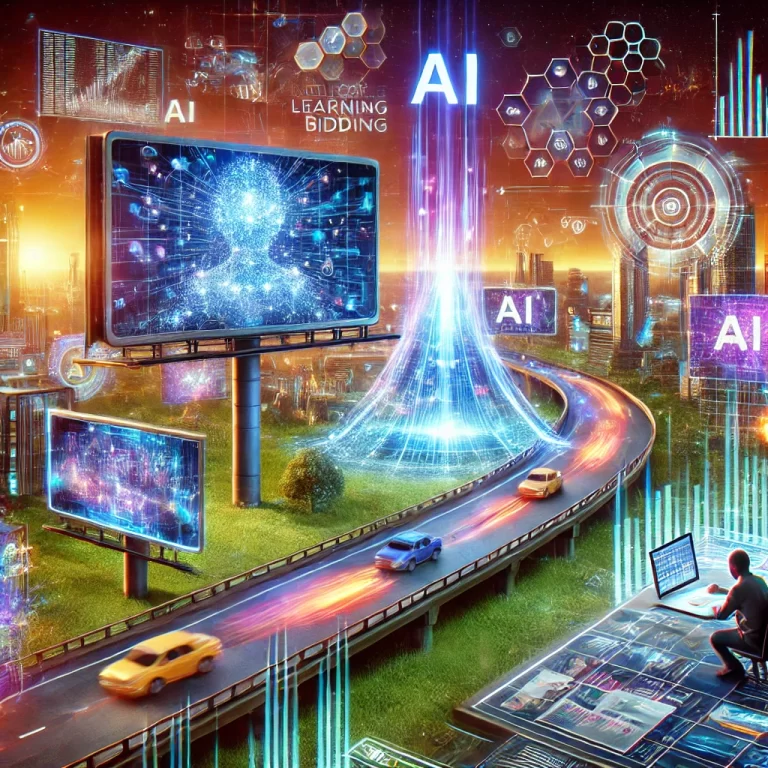In the realm of computing and problem-solving, algorithms stand as the bedrock upon which solutions are built. Simply put, an algorithm is a set of defined instructions designed to solve a specific problem or perform a task. It’s the roadmap that guides a computer to execute a sequence of steps to achieve a desired outcome. From simple tasks to complex calculations, algorithms are the driving force behind the digital world.
What Makes an Algorithm?
Algorithms consist of a series of finite, well-defined steps that take inputs, process them, and produce an output. These steps must be clear, precise, and unambiguous, ensuring the same result when executed consistently under the same conditions. Picture a recipe; it’s a perfect example of an algorithm guiding a series of steps to create a culinary masterpiece.
Importance of Algorithms in Computing
The significance of algorithms in computing cannot be overstated. They serve as the backbone of all software and programs, dictating how computers function. Algorithms power search engines, data analysis, artificial intelligence, and more. For instance, the algorithms behind search engines like Google sift through billions of web pages, ranking and displaying the most relevant results in a matter of seconds.
Real-World Applications
Sorting Algorithms:
Sorting algorithms organize data efficiently. Whether it’s arranging a list of names in alphabetical order or arranging numbers from smallest to largest, sorting algorithms like merge sort or quicksort are indispensable. Banks use these algorithms to sort financial transactions, optimizing the handling of vast amounts of data.
Searching Algorithms:
Searching algorithms help find specific data within a dataset. From finding a name in a phonebook to searching for a word in a document, binary search and linear search algorithms ensure quick and accurate results.
GPS and Navigation Systems:
Algorithms power GPS and navigation systems, calculating the fastest or shortest route between locations. These systems consider traffic data, road conditions, and various constraints to provide real-time directions.
Data Compression:
Algorithms play a pivotal role in data compression, reducing file sizes without compromising information. Applications like ZIP files and multimedia compression technologies heavily rely on these algorithms.
Machine Learning and AI:
In the realm of artificial intelligence and machine learning, algorithms are the building blocks. They enable systems to learn from data, make predictions, recognize patterns, and improve decision-making.
Conclusion
Algorithms are the unsung heroes of the digital age, quietly working behind the scenes to power our technology-driven world. Understanding their importance and application is crucial not just for computer scientists but for anyone navigating the digital landscape. They enable the efficient processing of data, drive innovations, and solve problems across a wide spectrum of industries.
In essence, algorithms form the core of problem-solving, offering efficient and structured solutions to complex problems. Embracing their importance opens doors to innovation and possibilities that continue to shape our interconnected world.










